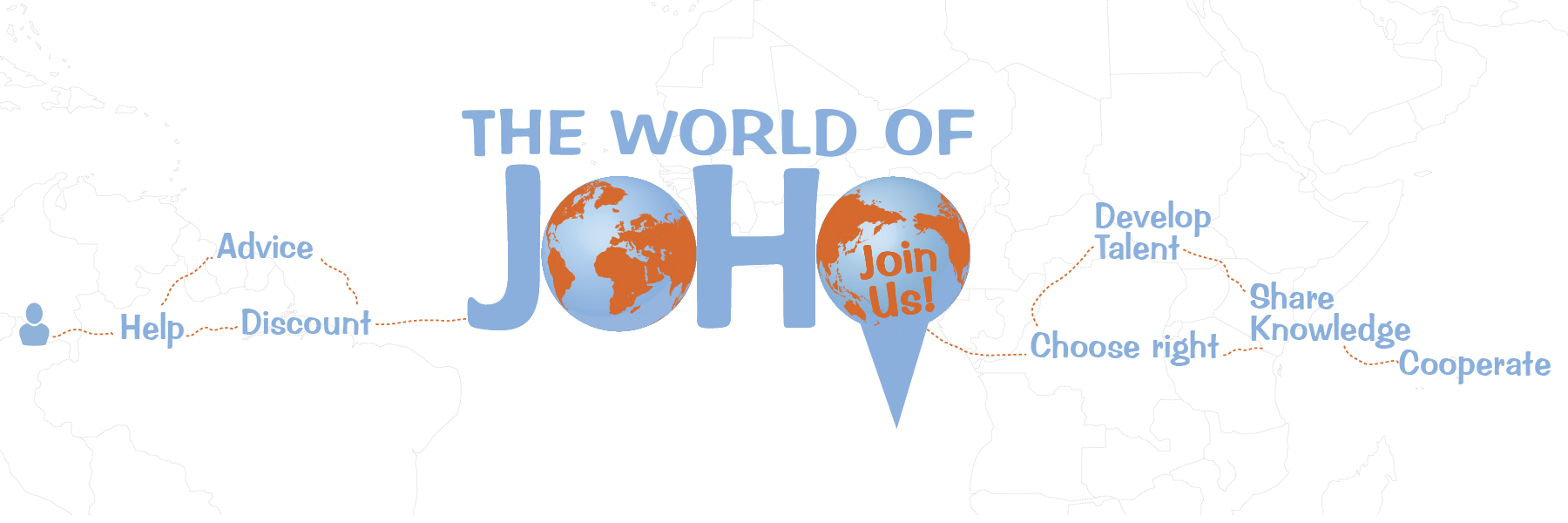Critical thinkingArticle: Dienes (2008)Degrees of falsifiability A potential falsifier of a theory: any potential observation that would contradict the theory.One theory is more falsifiable than another if the class of potential falsifiers is larger.Scientists prefer simple theories.Simple theories are better testable.A theory can gain in falsifiability not only by being precise, but also be being broad in range of situations to which the theory applies.The greater the universality of a theory, the more falsifiable it is. Even if the predictions are not very precise.Revisions to a theory may make it more falsifiable by specifying fine-grained causal mechanisms.As long as the steps in a proposed causal pathway are testable, specifying the pathway gives you more falsifiers.Psychologists sometimes theorize and make predictions by constructing computational models.A computational model is a computer simulation of a subject, where the model is exposed to the same stimuli subjects receive and gives actual trial-by-trial responses.A theory that allows everything explains nothing.The more a theory forbids, the more it says about the world. The empirical content of a theory increases with its degree of falsifiability.The more falsifiable a theory is, the more open it is to criticism.So the more falsifiable our theories are, the faster we can make progress, given progress comes from criticism.Science aims at the maximum falsifiability it can achieve: successive theories should be successively more falsifiable. Either in terms of universality or precision.Make sure that any revision or amendment to theory can be falsified. That way theory development is guaranteed to keep its...
Toegangsopties
De volledige inhoud van deze pagina is alleen zichtbaar voor ingelogde gebruikers van het WorldSupporter platform.
Meer voordelen van je eigen account:
- Je kunt je eigen inhoud aanmaken en delen
- je kunt de navigatie gebruiken om je favoriete organisaties, groepen en supporters te bewaren en te volgen
- Je kunt bijdragen toevoegen of feedback achterlaten bij de inhoud van andere Supporters
- Je kunt je favoriete inhoud 'flaggen' en later gebruiken
- Meer voordelen die kun je vinden via het menu en de WorldSupporter toolkits
Wil je volledige toegang tot alle pagina's op WorldSupporter?
- Dan kan je JoHo WorldSupporter member worden.
- Voor registratie als JoHo WorldSupporter member vraagt JoHo je om op joho.org een aanmeldformulier in te vullen.
- Voor meer informatie over JoHo WorldSupporter member worden, lees je hier meer.
- Of wordt direct member op joho.org
Support JoHo and support yourself by becoming a JoHo member
Word nu JoHo WorldSupporter donateur
- for free to follow other supporters, see more content and use the tools
- for €10,- by becoming a member to see all content
Waarom een account aanmaken?
- Je WorldSupporter account geeft je toegang tot alle functionaliteiten van het platform
- Zodra je bent ingelogd kun je onder andere:
- pagina's aan je lijst met favorieten toevoegen
- feedback achterlaten
- deelnemen aan discussies
- zelf bijdragen delen via de 7 WorldSupporter tools
Planning to go abroad?
Live, Study, Travel, Help or Work abroad?
Je vertrek voorbereiden of je verzekering afsluiten bij studie, stage of onderzoek in het buitenland
Study or work abroad? check your insurance options with The JoHo Foundation
- 1 of 188
- volgende ›
 WSRt, critical thinking - a summary of all articles needed in the second block of second year psychology at the uva
WSRt, critical thinking - a summary of all articles needed in the second block of second year psychology at the uva
This is a summary of the articles and reading materials that are needed for the second block in the course WSR-t. This course is given to second year psychology students at the Uva. This block is about analysing and evaluating psychological research. The order in which the articles are shown bellow is the order in which they have been studied in the course. In total, 13 articles are needed














Add new contribution